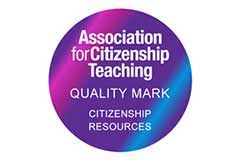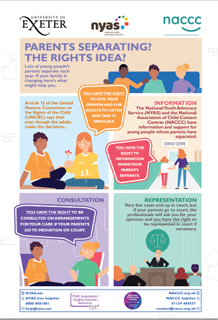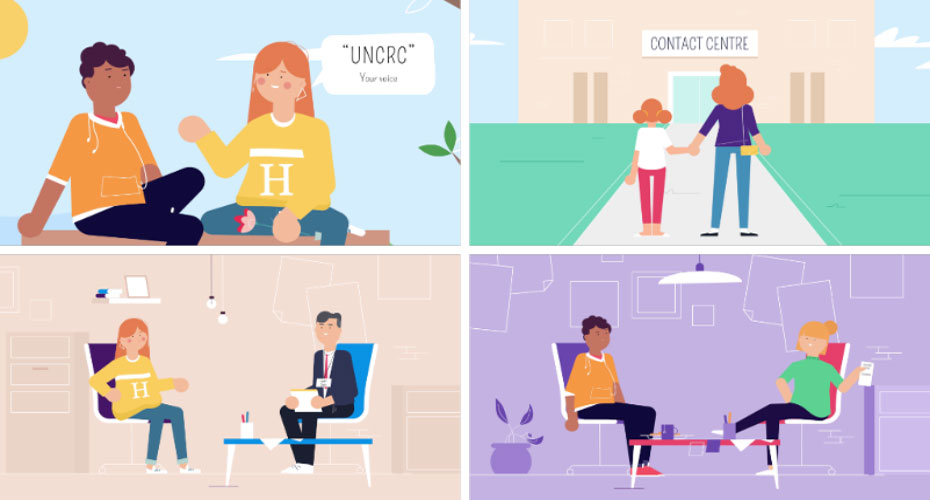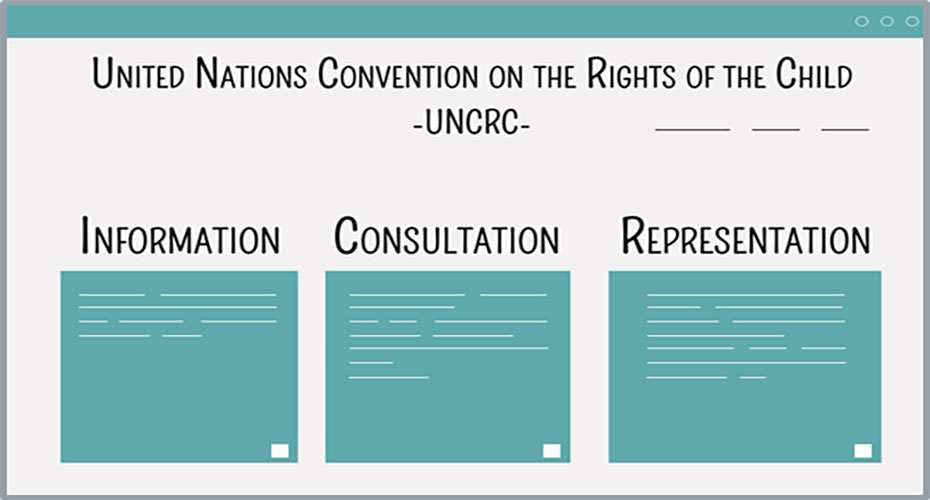

This video follows the separation journeys of the children from two families.
This video outlines Tom’s experience of meeting the mediator.

Download as a pdf
The Rights Idea?
About these free teaching plans for PSHE and Citizenship lessons
The Rights Idea? is a fun and interactive two-part lesson plan for use in PSHE and Citizenship teaching for Upper Key Stage 3 and Key Stage 4 pupils devised by Prof. Anne Barlow and Dr Jan Ewing at Exeter Law School in collaboration with two leading national charities, The National Youth Advocacy Service (NYAS) and The National Association of Child Contact Centres (NACCC). It is based on an idea which came from the findings of an interdisciplinary research study on healthy relationships across the life course, The HeaRT Project, funded by the Wellcome Centre for Cultures and Environments of Health.
The evidence-based lesson plans are the only resources to be awarded the prestigious quality mark approval from both the PSHE Association and the Association for Citizenship Teaching (ACT), demonstrating that the resources are at the leading edge of effective teaching practice in PSHE and Citizenship. In choosing to use these resources in your teaching you can be confident that they meet the rigorous standards set by the PSHE Association and ACT for quality mark approval.
The resources support the statutory Relationships and Sex Education (RSE) curriculum and the requirements of the PSHE Association’s Programme of Study 2020 that teaching should equip pupils with ways to manage the impact of parental separation. The lessons also meet the overarching requirement of the Citizenship Programme of Study to ‘develop’ (KS3) and ‘deepen’ (KS4) pupils’ understanding of the rights and responsibilities of citizens.
The lesson plans and accompanying video are built around young people’s rights under the United Nations Convention on the Rights of the Child (UNCRC), particularly their Article 12 rights to have their voices heard in decision-making when parents separate. In lesson 1, pupils explore the key rights afforded to young people by the UNCRC and discuss leading young activists who are getting their voices heard nationally and internationally. Building on the learning from lesson 1, in lesson 2 pupils sensitively and in a non-stigmatising way, consider and normalise the range of emotions that young people might feel when their parents separate. Pupils learn about young people’s rights to information, consultation and (where needed) representation when their parents separate and the sources of support available to them on parental separation.
Both lessons have slides and a full Teacher Guide to assist preparation. For ease, the PowerPoint for lesson 2 has a link to The Rights Idea? video. A fun infographic, using a ‘rights’ theme, reinforces learning from the lessons. Laminated A3 or A4 copies of the infographic for classroom walls are available free of charge by emailing J.Ewing@exeter.ac.uk. The video and infographic, supported by Welsh Government, are available in Welsh if required.



